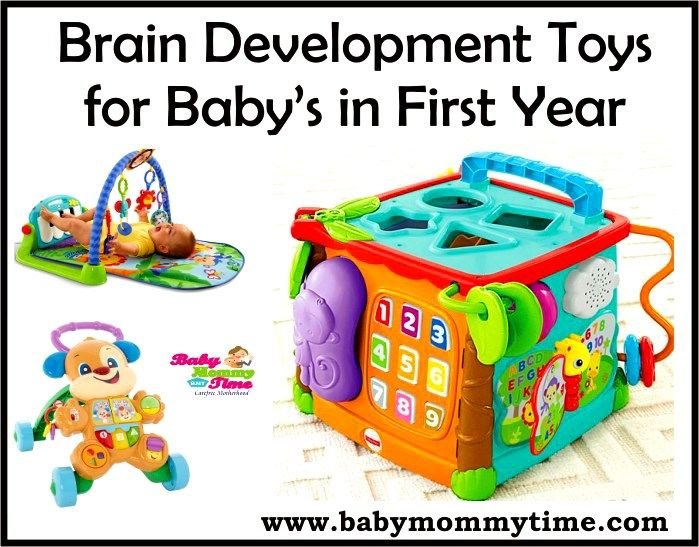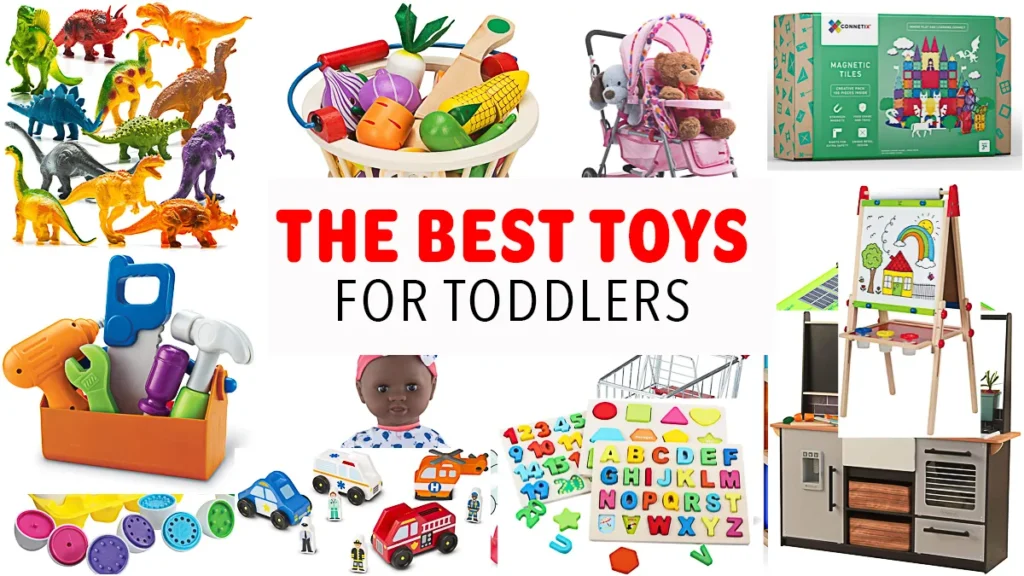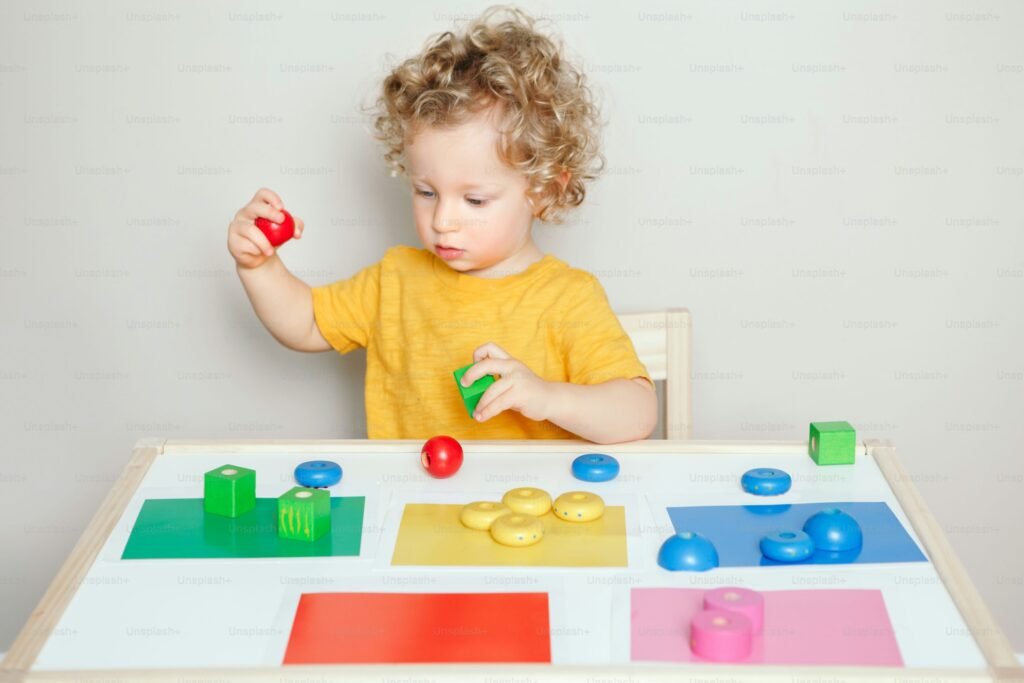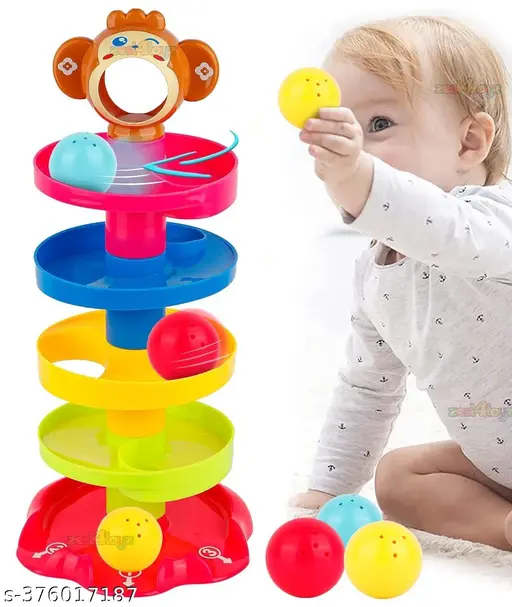In today’s digital world, where children are often glued to screens, it’s more important than ever to find meaningful ways to engage their minds. One of the best ways to do that is through brain toys. These toys are not just fun—they’re also tools that help children learn, grow, and sharpen their thinking skills.
Whether your child is a toddler just starting to explore the world or a school-age learner looking for a challenge, brain toy are a smart investment for every parent. In this article, we’ll explore what brain toy are, why they matter, and which types are best for different age groups.
What Are Brain Toys?
Brain toy are specially designed toys that stimulate thinking, problem-solving, memory, and creativity. These toys are not about passive entertainment. Instead, they encourage children to think, experiment, and use logic.
Key Features of Brain Toys:
- Encourage critical thinking
- Promote hands-on learning
- Improve memory and concentration
- Support language and math skills
- Enhance creativity and imagination
From building blocks to puzzles and coding kits, brain toys come in many shapes and sizes, suitable for different developmental stages.
Why Brain Toys Are Important
1. Develop Cognitive Skills
Children learn by playing. Brain toys promote cognitive growth by challenging the child to think, reason, and find solutions. This helps improve attention span, memory, and learning ability.
2. Support Emotional and Social Development
Many brain toys can be played in groups, helping kids learn to work together, take turns, and handle winning or losing. This builds emotional strength and social skills.
3. Strengthen Motor Skills
Brain toy like shape sorters, building blocks, and magnetic tiles help improve fine motor skills and hand-eye coordination, especially in younger kids.
4. Spark Curiosity and Creativity
Kids are naturally curious. Brain toys give them the freedom to explore, imagine, and create. This helps them become independent thinkers.

Best Brain Toys by Age Group
Choosing the right brain toy depends on your child’s age and developmental level. Here are some recommendations:
Brain Toys for Toddlers (1-3 Years)
At this stage, children are developing their senses and basic motor skills.
Recommended Toys:
- Stacking rings: Helps with hand-eye coordination.
- Shape sorters: Teaches color and shape recognition.
- Musical toys: Stimulate auditory senses and rhythm.
- Simple puzzles: Builds problem-solving skills.
Brain Toy for Preschoolers (3-5 Years)
Preschoolers are ready for more advanced toys that promote early learning concepts.
Recommended Toys:
- Building blocks (like LEGO Duplo): Enhances spatial skills.
- Matching games: Improves memory.
- Story-based toys: Boost language and communication.
- Arts & crafts kits: Develop fine motor control and creativity.
Brain Toys for School-Aged Children (6-12 Years)
Older children can handle more complex tasks and games.
Recommended Toys:
- STEM kits: Teach basic science, technology, and engineering.
- Board games: Encourage logical thinking and strategy.
- Coding toys (like Osmo or Botley): Introduce computer thinking.
- Jigsaw puzzles (100+ pieces): Strengthen patience and problem-solving.
Brain Toy for Teens (13+ Years)
Teenagers enjoy more mentally stimulating and challenging activities.
Recommended Toys:
- Rubik’s Cube: Great for improving spatial awareness and focus.
- Mechanical model kits: Combine creativity with engineering.
- Strategy games (like chess or Settlers of Catan): Boosts planning and decision-making.
- Electronic circuits kits: Hands-on electronics learning.

How to Choose the Right Brain Toy
With so many options in the market, choosing the perfect toy can be confusing. Keep these factors in mind:
1. Age Appropriateness
Always pick toys suited for your child’s age group. Too easy and they get bored, too hard and they get frustrated.
2. Safety First
Ensure the toy is made of non-toxic materials, especially for younger kids who might put things in their mouths.
3. Educational Value
Look for toys that offer learning benefits in areas like math, science, reading, or social skills.
4. Engagement Level
A good brain toy keeps your child interested and engaged for longer periods.
5. Reviews and Recommendations
Check online reviews or ask other parents for trusted brain toy brands.
Popular Brain Toys Brands
Here are some trusted names that offer high-quality brain toys:
- Melissa & Doug
- Fisher-Price
- Learning Resources
- LEGO
- Osmo
- ThinkFun
- Fat Brain Toys
- SmartGames
These brands are known for their focus on education, quality, and child development.

Brain Toy and Screen Time
One of the biggest benefits of brain toys is that they offer a healthy alternative to screens. While a little screen time is okay, too much can harm a child’s attention span and creativity. Brain toys provide hands-on, real-world engagement that digital devices can’t match.
Encouraging your child to spend more time with brain toys can also help:
- Reduce dependence on gadgets
- Improve sleep quality
- Increase outdoor and social play
DIY Brain Toy at Home
You don’t always have to buy expensive toys. Here are a few DIY brain toy ideas using simple household items:
- Egg carton counting game: Use an old egg carton and some marbles to teach counting and sorting.
- Memory tray: Place items on a tray, show them to your child for 30 seconds, then cover and ask them to recall what they saw.
- Cardboard puzzles: Draw and cut shapes into cardboard to create custom puzzles.
These simple toys are cost-effective and fun to make!
Final Thoughts
Brain toy are more than just playthings—they are powerful learning tools. They help children build strong mental skills, boost creativity, and prepare them for success in school and life. Whether you’re a parent, teacher, or caregiver, investing in brain toys is a decision you won’t regret.
Make playtime productive. Choose brain toys that inspire, educate, and empower your child to become a smart and confident learner.
